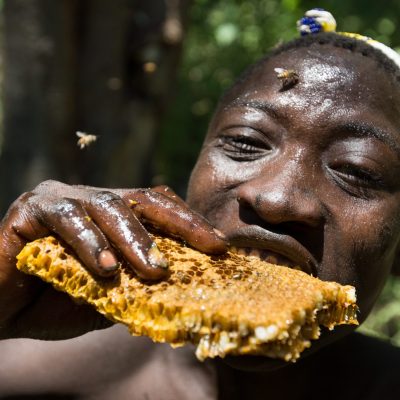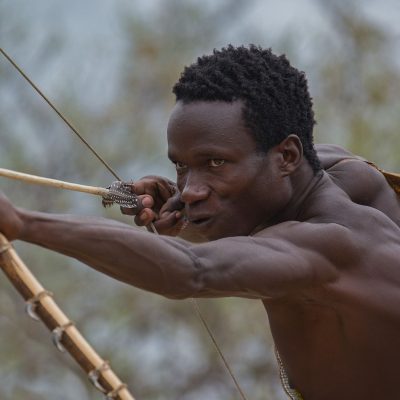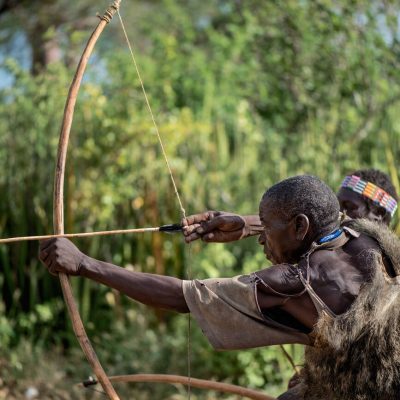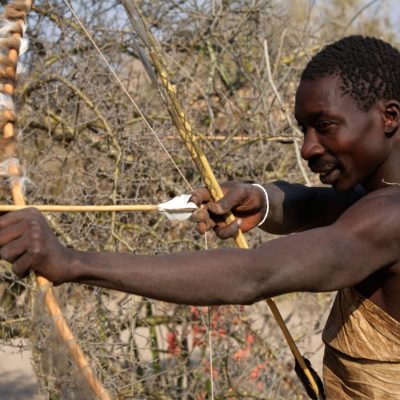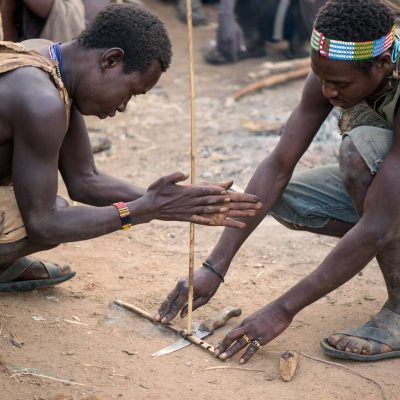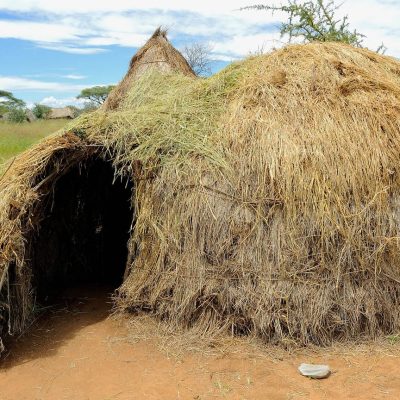Hadzabe Tribe
Hadzabe Tribe – Tanzania’s Last Hunter-Gatherers
The Hadzabe (or Hadza) are one of the last remaining hunter-gatherer tribes in Africa and one of the oldest indigenous groups in Tanzania. They live around Lake Eyasi, near the Ngorongoro Conservation Area in northern Tanzania, and their way of life has remained largely unchanged for thousands of years.
Lifestyle and Way of Living:
The Hadzabe people live in small, nomadic bands and rely almost entirely on hunting and gathering for survival. Unlike most other communities in Tanzania, they do not farm or raise livestock. Instead, they hunt wild animals using bows and arrows crafted by hand and gather fruits, tubers, honey, and wild berries from the surrounding bushland.
-
Men typically go on hunting expeditions for small game such as antelope, birds, and baboons.
-
Women and children collect edible plants, honey, and roots from the bush.
They move frequently in search of food and water, living in simple shelters made from grass, branches, or even under natural rock outcrops.
Language and Identity:
The Hadzabe speak the Hadza language, a unique click language unrelated to any other in Tanzania. It is rich in sounds and has features similar to the click languages spoken by the San people of Southern Africa. Their oral traditions, songs, and stories are passed down from generation to generation.
Livelihood and Economy:
Traditionally, the Sukuma are agro-pastoralists, relying on a combination of farming and cattle keeping. They grow crops such as sorghum, millet, maize, cotton, and rice, and are known for keeping large herds of cattle, goats, and sheep.
Livestock holds a central place in their culture—not only as a source of food and income but also as a symbol of wealth and social status.
Social Structure and Values:
Hadzabe society is egalitarian, meaning everyone is considered equal—there are no chiefs or formal hierarchies. Decisions are made collectively, and resources such as food are shared among the group.
They have a deep respect for nature, taking only what they need and maintaining a sustainable relationship with the land. Their intimate knowledge of the environment allows them to live in harmony with wildlife and seasonal changes.
Whatsap Us:
+255 756 914 295
